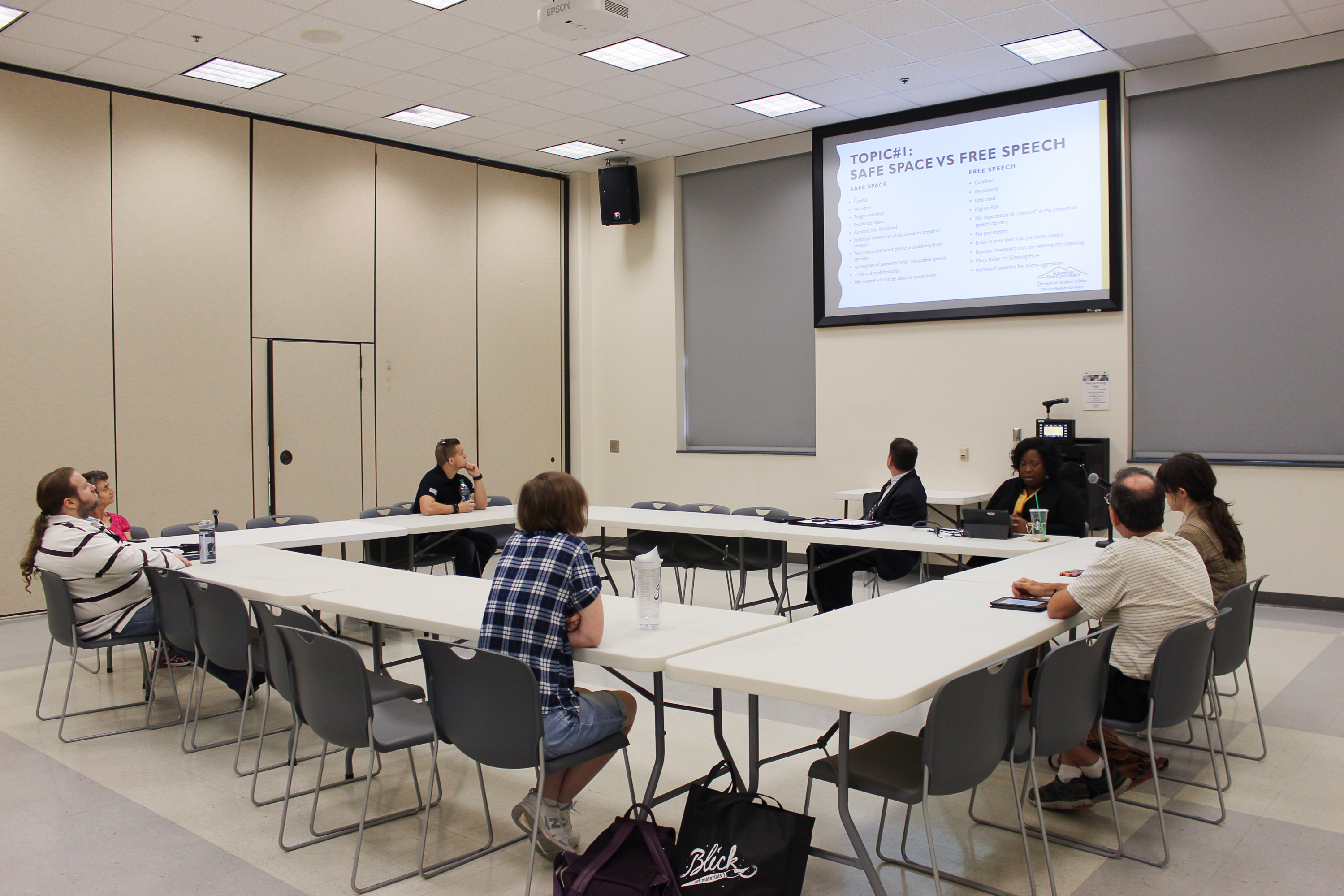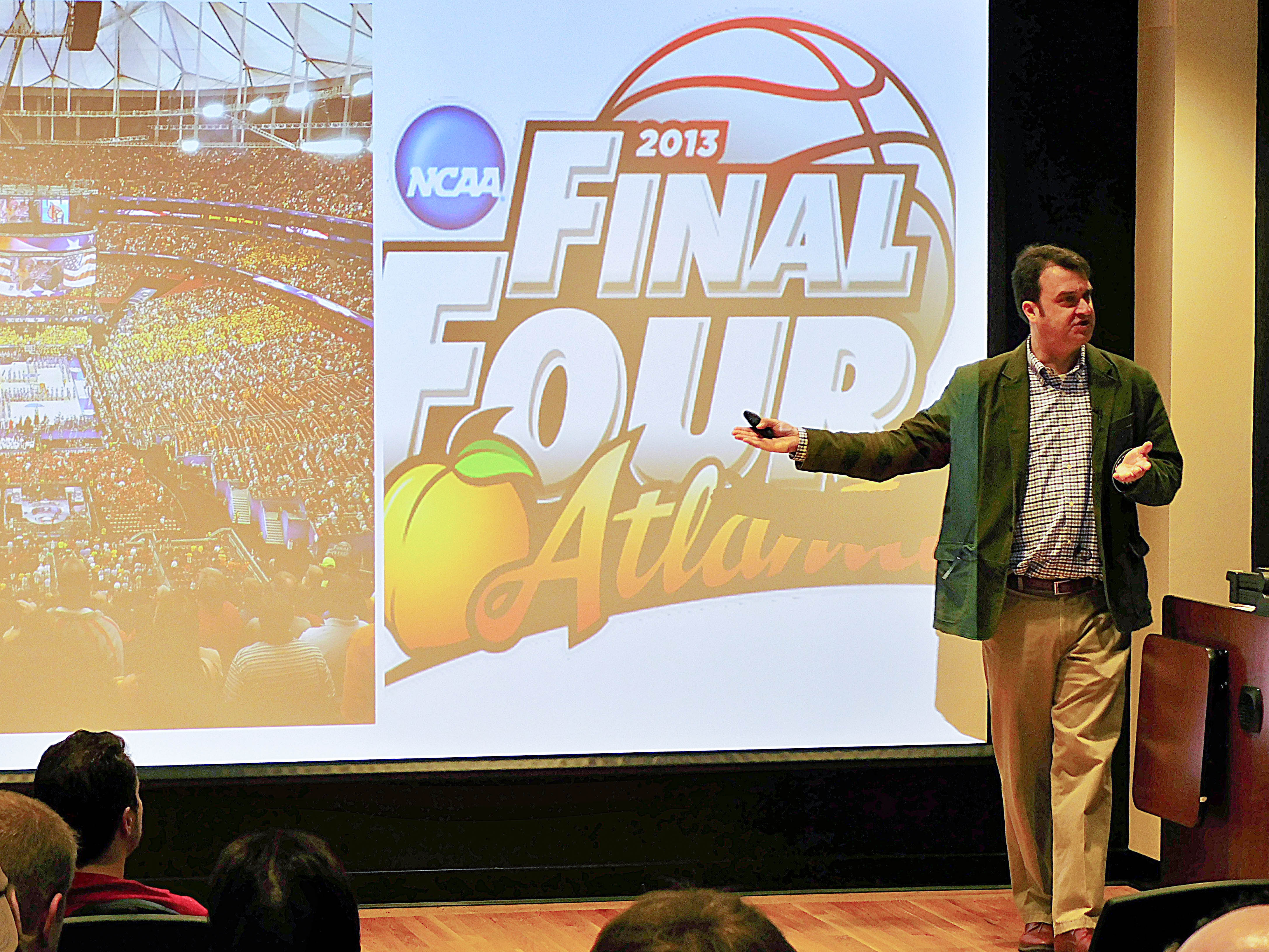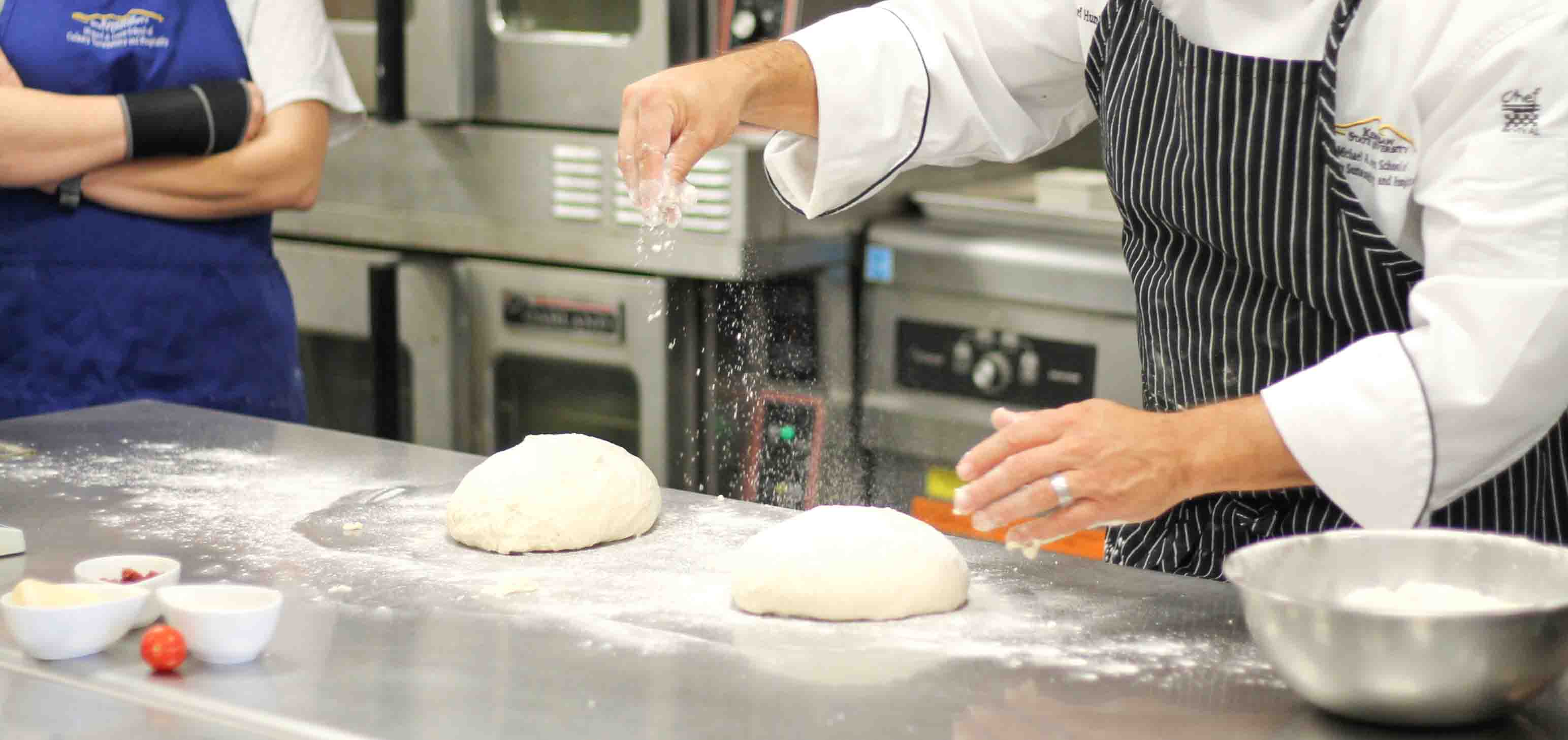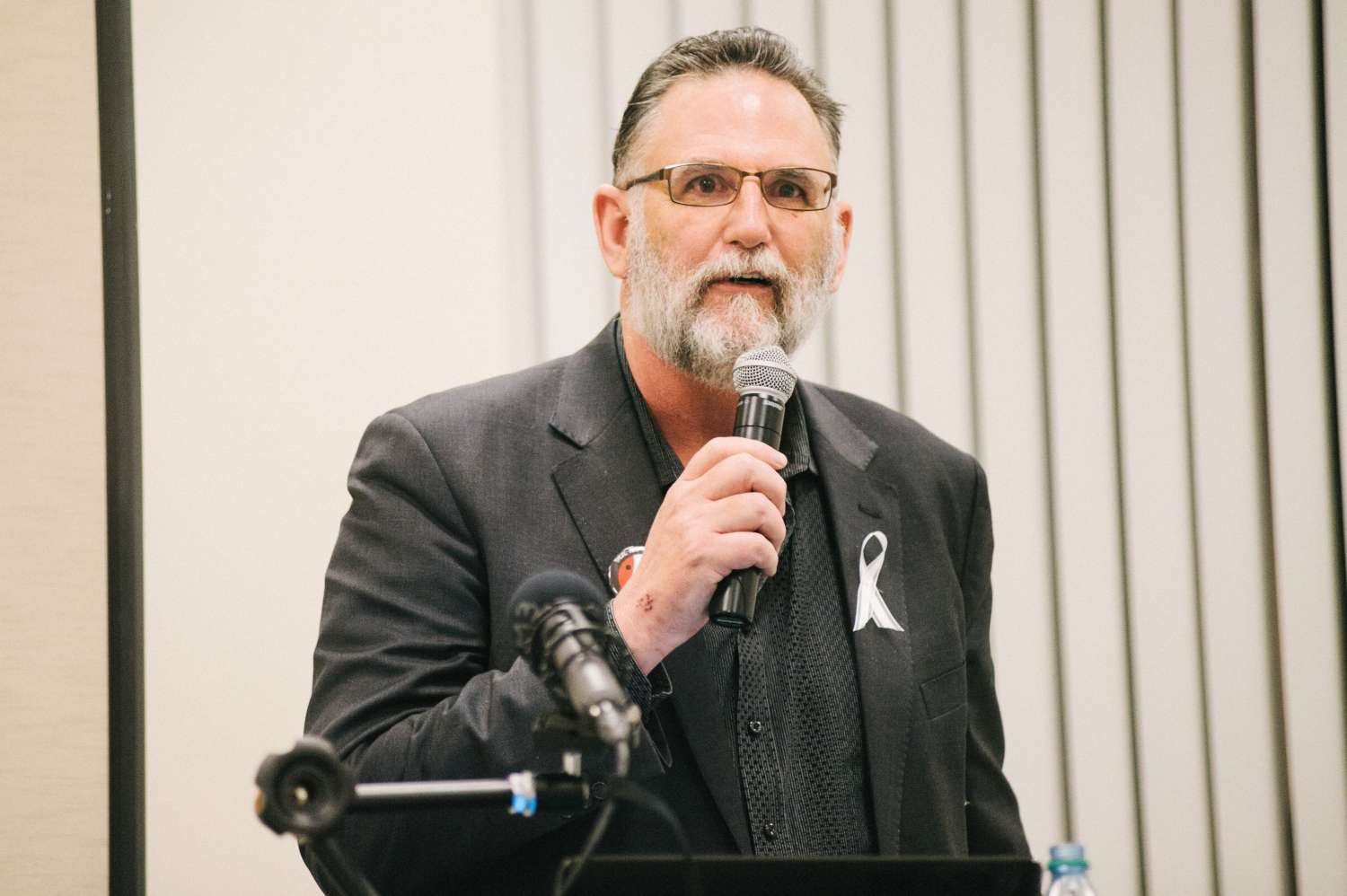The Office of Student Advocacy hosted an open discussion Tuesday, Sept. 20 for students to share their opinions about safe spaces and the freedom of speech.
The discussion — “Safe Spaces vs. Free Speech: Living the Owl Creed with Civility” — was part of Kennesaw State University’s celebration of Constitution Week, commemorating the signing of the U.S. Constitution on Sept. 17, 1787.
The University of Chicago recently sent a letter to its incoming freshmen, informing them that the university does not offer safe spaces or trigger warnings. This has garnered national attention and sparked a dialogue about the importance of both.
Nicole Phillips, the associate director of Student Advocacy, moderated the event. She said that, although both safe spaces and freedom of speech strive for the common goal of giving individuals a voice, the forums they use to achieve this goal are very different.
“Whereas free speech as we have come to know it is unfettered and unlimited,” she said, “safe space tends to be a more facilitated space for people to be able to have a dialogue about differences, about society, that would preserve as much respect as possible.”
Dean of Students Michael Sanseviro, another moderator, added that neither the Constitution nor the Supreme Court protects an understanding of free speech that allows individuals to say anything that comes to mind. He clarified, though, that safe spaces do not guarantee students will never be offended in the campus environment.
“I know from my own undergraduate experiences that it was because I was in classes where I got highly offended that I learned so much and grew so much,” Sanseviro said.
Students also weighed in on the issue, many voicing concerns that campus safe spaces may ill-equip students for a workforce where such guarantees are not made.
“University is a bit of a protective bubble, but ultimately it has to get you ready for the next step,” said Rick Zabell, an undeclared senior.
Phillips, one of the moderators, concluded the discussion by introducing the Owl Creed, a student-drafted list of standards for academic and personal excellence that emphasizes respect for diversity. She hopes students will not just become acquainted with the creed at convocation but will think about it as a way of life.
The event attracted three students and two faculty members, despite expecting at least 50 attendees. Both Phillips and Sanseviro agreed that the low turnout does not reflect on student interest in either the safe space debate or Constitution Week.




